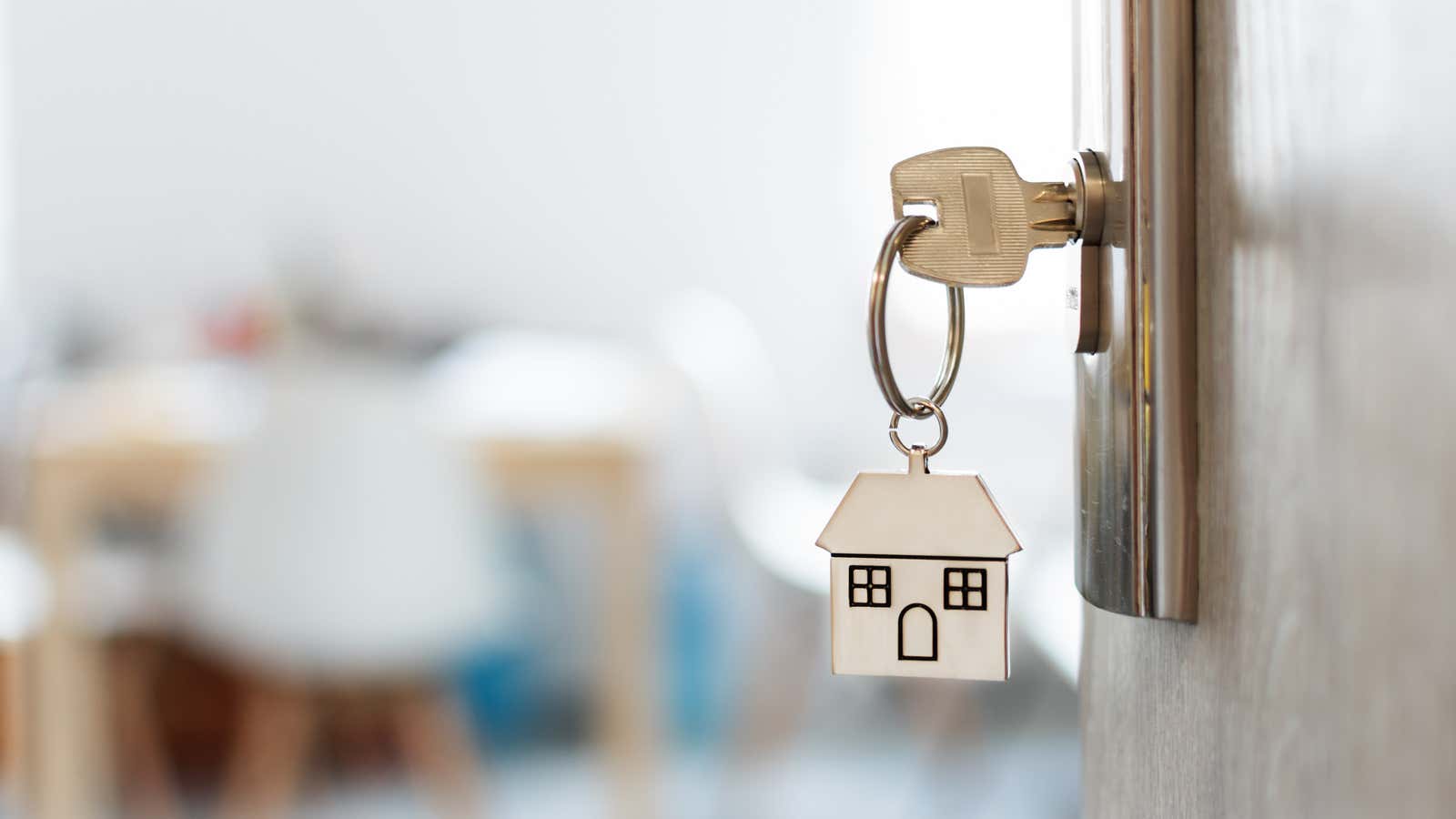Do This Before Unpacking in Your New Apartment or House.

Moving to a new apartment or house is an exciting time. You hunted for months (or even years) and finally found the perfect place to settle. But before you start nesting, you need to take care of a few household chores. Most people know to change locks or move switches to a new location. but you should also consider other important introductory measures, especially if you plan to stay here for a while.
Change toilet seat
Unless you are relocating to a newly built or remodeled location, your toilet seat has definitely been used. At the very least, clean it well. But heading to a home improvement store for a new one before celebrating your new dig is also not a big investment. Often times, even when clean, toilet seats can leave unsightly hard water stains , so you can start over.
Check air filters
If you are moving into a house or apartment in which they are available, check that the air filters of the home ventilation system are installed correctly. If the filters look like they haven’t been changed, replace them . Your landlord, if you have one, will let you know if this will be your responsibility in the future. In general, air filters should be changed at least every three months.
Document everything
For those moving into an apartment, the first thing you need to do is create your own condition report if the landlord hasn’t asked you to do so yet. Pay attention to any damage or changes made to the apartment prior to your arrival. Give a detailed description and take some pictures. You don’t want to be blamed for any of the problems created by the previous owners, and documenting those problems now will save you a lot of hassle (and maybe even your deposit) when you move.
Make an emergency plan
An emergency plan, be it a home or apartment, is very important. If something happens, you will need to know which exits or stairwells are safe to use and where to go when you leave the house. Set up a meeting point so everyone in your family knows where to meet. Real estate agent Sarah Darrow advises that the emergency plan should also include collecting supplies. “Order equipment such as an emergency ladder, fire extinguisher and smoke / CO2 detectors,” she advises. Renters should also immediately test the batteries in all existing smoke and carbon monoxide detectors.
In addition, Darrow said it’s a good idea to “call the fire department if they need gate codes or other special instructions during an emergency.”
Get the toolbox
I love doing homemade jobs in my apartment, but replacing sink faucets or door handles requires a good set of tools to get the job done right, and you never know when you might need to fix some things yourself (especially if you have a super or a manager the company is in no hurry to engage in minor repairs). So grab a few tools – I took a small kit with the essentials like Allan’s screwdrivers, nails, and wrenches, and I also took an electric drill and a set of drills. Don’t worry about buying expensive, high-quality items if you only care about simple things; you can spend about $ 40 and get everything you need.
Get familiar with the rules and respect the terrain
If your new home is regulated by a homeowners’ association or building code list, make a list of all the rules you need to follow, starting with how often you will have to mow, where and how you will throw out your trash. Mark the date and time for your garbage collection and recycling, street sweeping, and track where delivery takes place in your building. Mark where the water and gas lines are turned off and locate the switch box so you know where to go when you first find you can’t turn on your microwave and coffee maker at the same time. Darrow reminds tenants and homeowners to also familiarize themselves with city regulations, including parking rules and pet registration procedures. And don’t forget to find local first responders: you need to know where the nearest hospitals, police stations and other emergency services are, and how to quickly get to them in the event of a disaster.